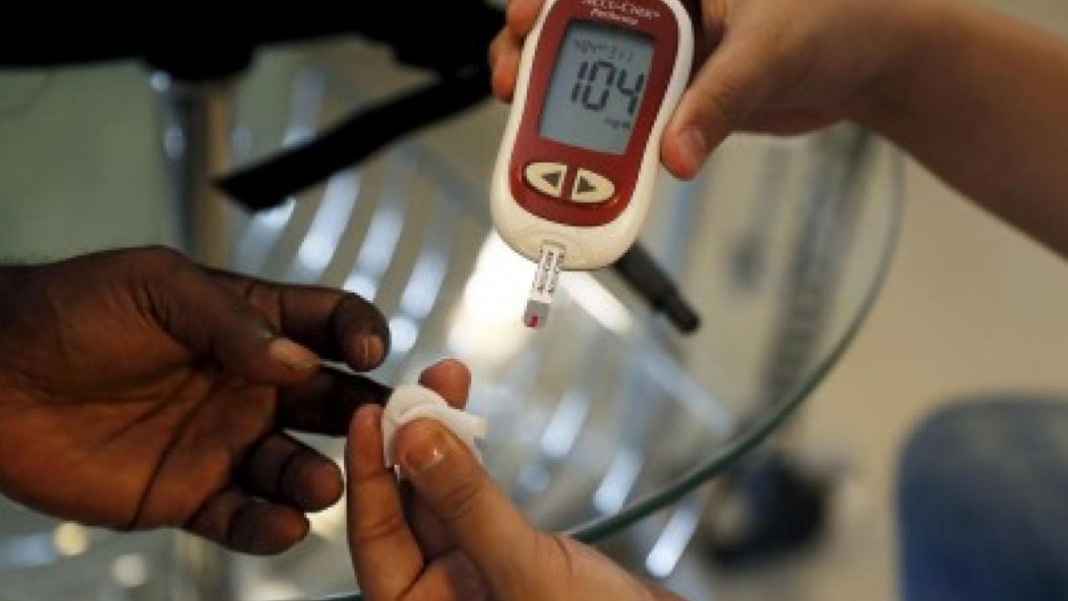Diabetes has emerged as a significant health challenge, and its prevalence is on the rise, particularly for type 2 diabetes. According to the World Health Organization (WHO), Nigeria has an estimated diabetes prevalence of 4.3%. This increase can be primarily attributed to the lifestyle changes associated with urbanization, including the consumption of processed food, soft drinks, and certain lifestyle choices.
Urbanization has brought about a transformation in dietary patterns and food consumption habits, leading to a significant shift towards processed and convenience foods. The availability and affordability of these foods, often high in added sugars, unhealthy fats, and refined carbohydrates, have contributed to an increased risk of developing type 2 diabetes. Processed foods typically lack essential nutrients and dietary fiber while being rich in calories, which can lead to weight gain and obesity, both major risk factors for diabetes.
Soft drinks, especially sugar-sweetened beverages, have become increasingly popular in, especially in cities. These beverages are high in added sugars and offer little to no nutritional value. Regular consumption of sugary drinks has been strongly linked to an increased risk of obesity, insulin resistance, and type 2 diabetes. The aggressive marketing and wide availability of these beverages have further fueled their consumption, particularly among young people.
Additionally, sedentary lifestyles have become more prevalent with urbanization. As people move away from physically demanding occupations and rely more on motorized transportation, physical activity levels have significantly declined. Lack of exercise and a sedentary lifestyle contribute to weight gain, insulin resistance, and an increased risk of diabetes.
Furthermore, tobacco use and harmful alcohol consumption are additional lifestyle factors associated with the increased prevalence of diabetes. Smoking tobacco has been shown to elevate the risk of type 2 diabetes, while excessive alcohol consumption can lead to weight gain, poor glycemic control, and an increased risk of developing the disease.
To address these challenges and mitigate the impact of urbanization, it is important to raise awareness about the risks of unhealthy diets, including processed foods and sugary drinks. Public education campaigns can inform individuals about the detrimental effects of these choices on their health and emphasize the importance of making healthier dietary decisions.
Implementing and enforcing policies that regulate the production, marketing, and labeling of processed foods, particularly those high in added sugars and unhealthy fats, can help promote healthier food choices. Nutrition education and labeling initiatives can assist consumers in making informed decisions.
Encouraging the consumption of whole, unprocessed foods and locally sourced fruits, vegetables, and whole grains can contribute to a healthier diet. Efforts to improve access to fresh and affordable produce, such as supporting local farmers and establishing farmer’s markets, can help facilitate healthier food choices.
To reduce the consumption of sugar-sweetened beverages, measures such as Implementing taxes, restrictions, or labeling requirements on it can help reduce their consumption. The revenue generated from such measures can be allocated to health promotion programs and initiatives.
Creating supportive environments for physical activity, such as safe and accessible parks, recreational facilities, and walking or cycling paths, can encourage individuals to engage in regular exercise. Workplace wellness programs and community-based physical activity initiatives can also be effective in promoting active lifestyles.
Implementing and enforcing tobacco control measures, such as increasing taxes, enacting smoke-free policies, and conducting anti-smoking campaigns, can help reduce the prevalence of tobacco use. Similarly, raising awareness about the risks of excessive alcohol consumption and enforcing policies to regulate alcohol sales and marketing can contribute to healthier lifestyles.
Furthermore, strengthening healthcare systems to improve diabetes prevention, diagnosis, and management is vital. This includes training healthcare professionals, improving access to diabetes screening and treatment, and ensuring the availability of essential medications and monitoring equipment.
In conclusion, the increasing prevalence of diabetes, particularly type 2 diabetes, can be attributed to urbanization and the associated changes in dietary patterns and lifestyle choices. Addressing the consumption of processed food, soft drinks, and sedentary behaviors, along with promoting healthier choices and creating supportive environments, can help combat the rising burden of diabetes.




Good read💯